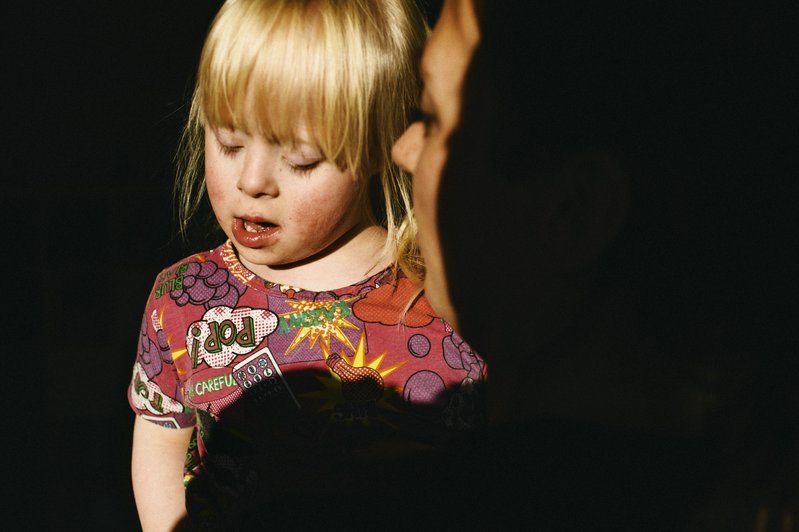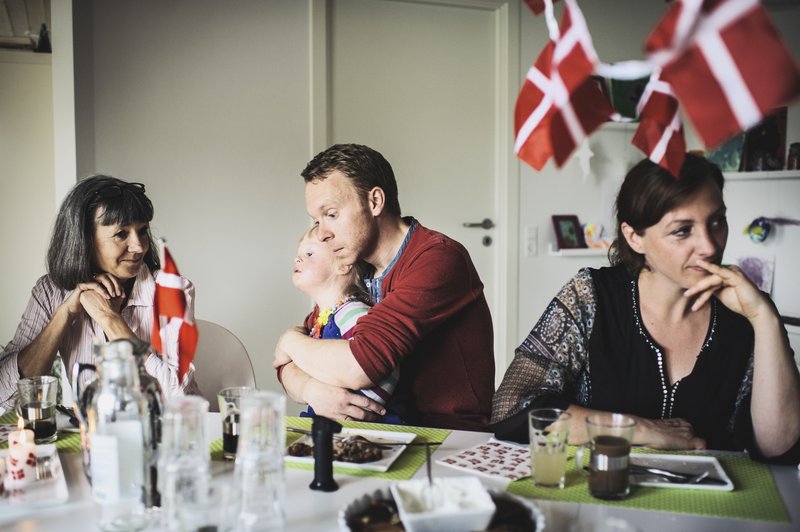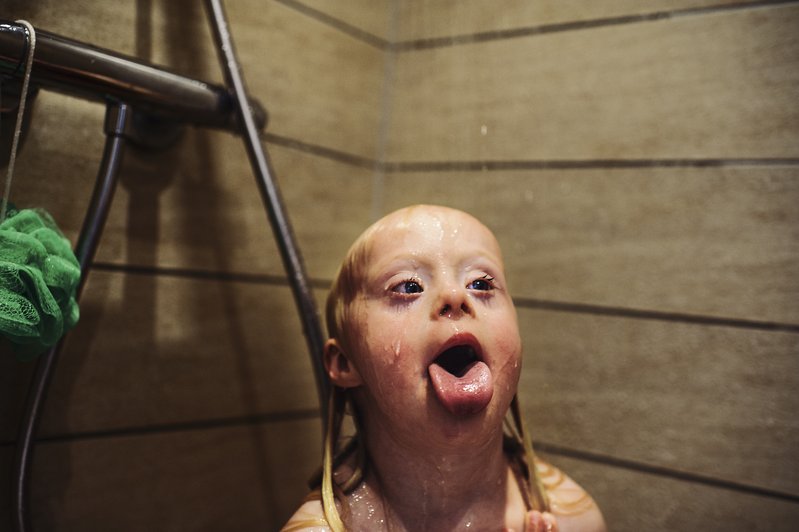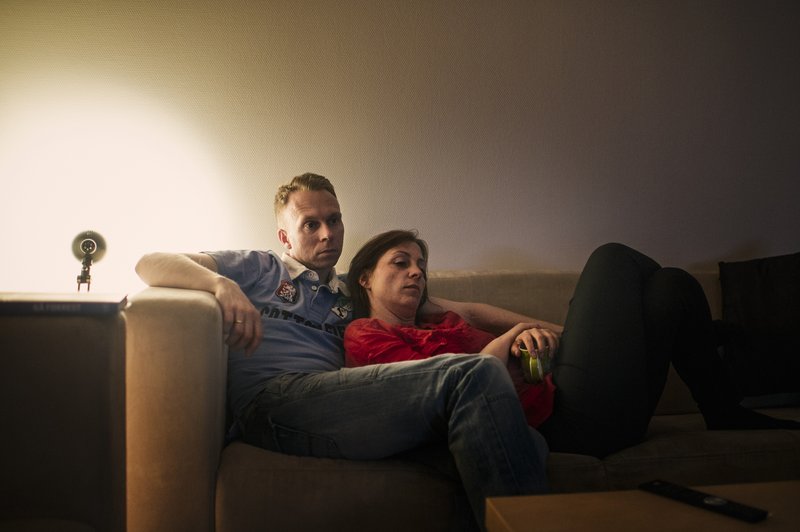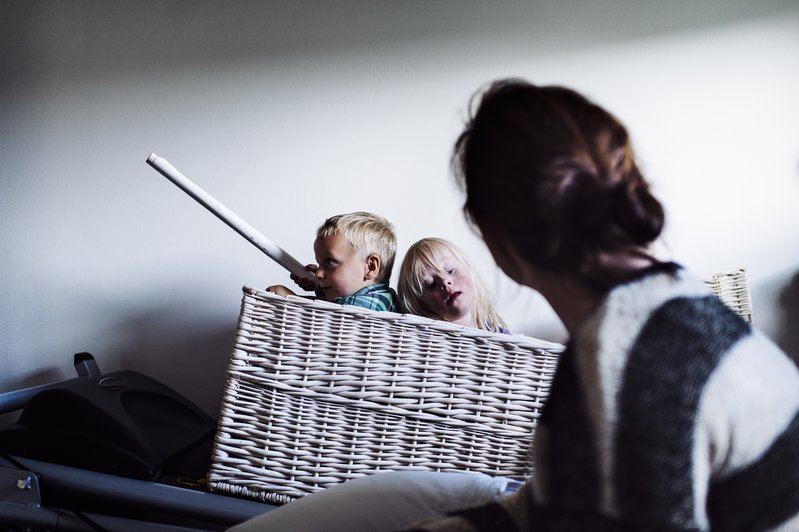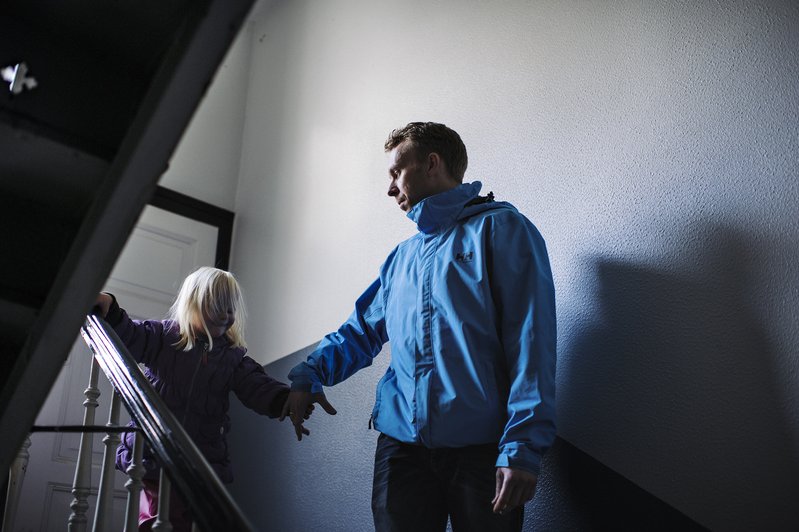CPOY 69 Documentary Award of Excellence: One in Eighthundred
After the implementation of prenatal screenings across all of Denmark in 2004, the numbers of newborns with Down’s syndrome dropped intensively. While between 2000 and 2004 around 60 children were born with the chromosomal disease each year, in 2006 only 31 were born. More than 95% of all Danish parents to be, decide to have an abortion if they find out that they are about to carry out a baby with Trisomy 21. – A drastic change of the social landscape. Emmy is five years old and has Down’s syndrome. With her parents Martin and Karina and her younger brother Kristian, she lives in the countryside in the middle of Denmark. For one year she has been attending the local kindergarten now and is about to have her first day of school at a public inclusive school, 30 kilometers away from home. Her parents had to fight with the municipality to find the right spot for Emmy. Karina and Martin were given a low risk of 1:800 at their screening. “Emmy was just the number one”, they say today. The cut off is set at 1:300, meaning that invasive measures are recommended by doctors. Only the invasive test can give a clear answer about the health condition of the fetus. The small family has managed to create a home full of life and warmth by today, even though the first months after Emmy was born they were in shock and had to align their expectations. They had to rethink their ideas of what is normal or perfect. The world in their everyday life turns a little bit slower as Emmy just takes her time with many things. They are aware of that but seemed to have arranged themselves with it just fine. It is not sure how the issue will develop in Denmark throughout the next years. For me that development is a sign for our strive for perfection. We don’t feel comfortable about bumps in the road and need to plan and know everything in advance. The story of Emmy and her family shows how much you can gain if you let life surprise yourself from time to time.



